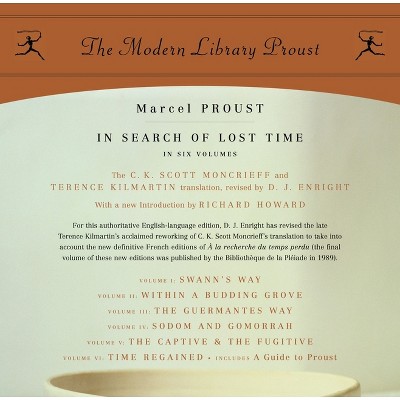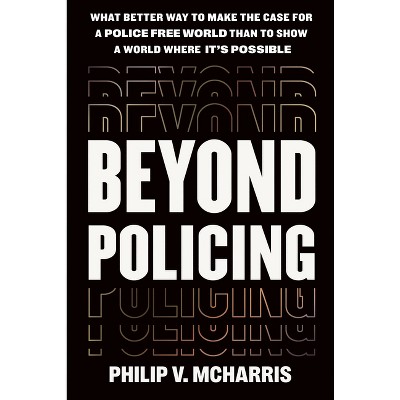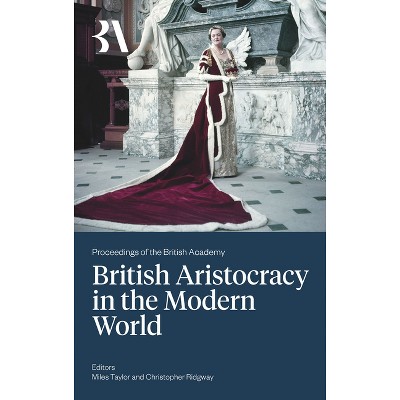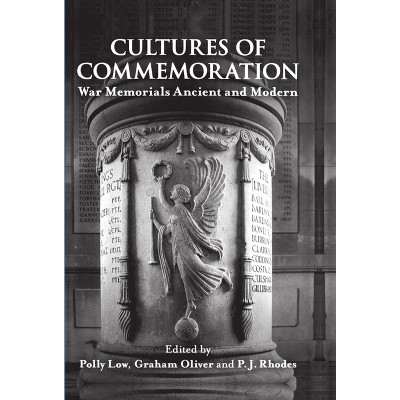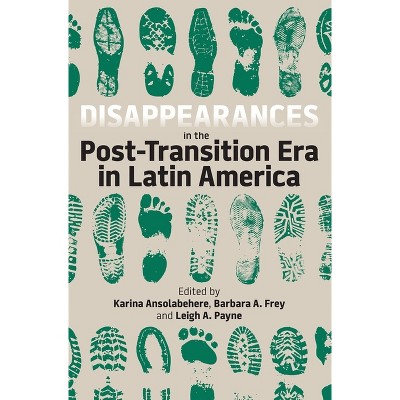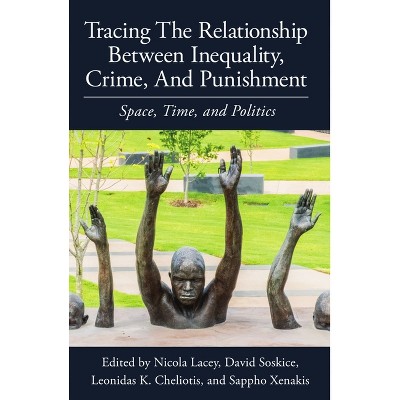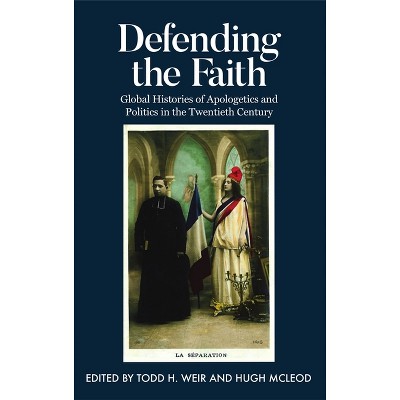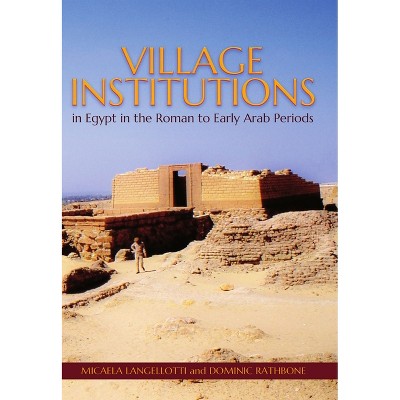Sponsored

Gertrude Bell and Iraq - (Proceedings of the British Academy) by Collins (Hardcover)
In Stock
Sponsored
About this item
Highlights
- This is a major re-evaluation of the life and legacy of Gertrude Lowthian Bell (1868-1926), the renowned scholar, explorer, writer, archaeologist, and British civil servant.
- About the Author: Charles Tripp is Professor of Middle East Politics at University of London.
- 324 Pages
- History, Europe
- Series Name: Proceedings of the British Academy
Description
About the Book
Gertrude Bell (1868-1926) was a key figure in the setting up of the Iraqi state and monarchy after the First World War. Arabist, Persian speaker, scholar, and traveller, she was an imperial administrator with a deep concern for the archaeological heritage of Iraq. Her legacy endures both in the shape of the Iraqi state and also in the Iraq Museum.Book Synopsis
This is a major re-evaluation of the life and legacy of Gertrude Lowthian Bell (1868-1926), the renowned scholar, explorer, writer, archaeologist, and British civil servant. The book examines Gertrude Bell's role in shaping British policy in the Middle East in the first part of the 20th century, her views of the cultures and peoples of the region, and her unusual position as a woman occupying a senior position in the British imperial administration. It focuses particularly on her involvement in Iraq and the part she played in the establishment of the Iraqi monarchy and the Iraqi state.
In addition, the book examines her interests in Iraq's ancient past. She was instrumental in drawing up Iraq's first Antiquities Law in 1922 and in the foundation of the Iraq Museum in 1923.
Gertrude Bell refused to be constrained by the expectations of the day, and was able to succeed in a man's world of high politics and diplomacy. She remains a controversial figure, however, especially in the context of the founding of the modern state of Iraq. Does she represent a more innocent age when the country was born out of the remnants of the Ottoman Empire, or does she personify the attitudes and decisions that have created today's divided Middle East? The volume's authors bring new insights to these questions.
Review Quotes
provide[s] a good introduction to the varied interests of Bell and her standing in history-- "Musings on Iraq"
this is a fascinating and significant collection of papers.-- "Mike Pitts, British Archaeology"
This book marks a new quality in Gertrude Bell scholarship. The majority of the contributors, recruited from the conference, are an inspiring group of experts. The editors -- Paul Collins and Charles Tripp, curator at the Ashmolean Museum, professor of politics at SOAS and fellow of the British Academy, respectively -- set the high standards of the book in their Introduction. This finely written, concise and contextualised biography of Gertrude Bell signals the peculiar problems about her legacy, beginning with her background and social status, and the privileges she often had no qualms resorting to.-- "Julia Szoltysek, European Legacy"
About the Author
Charles Tripp is Professor of Middle East Politics at University of London. Paul Collins is Curator for Ancient Near East at the Ashmolean Museum of Art and Archaeology at University of Oxford.Shipping details
Return details
Trending Non-Fiction





